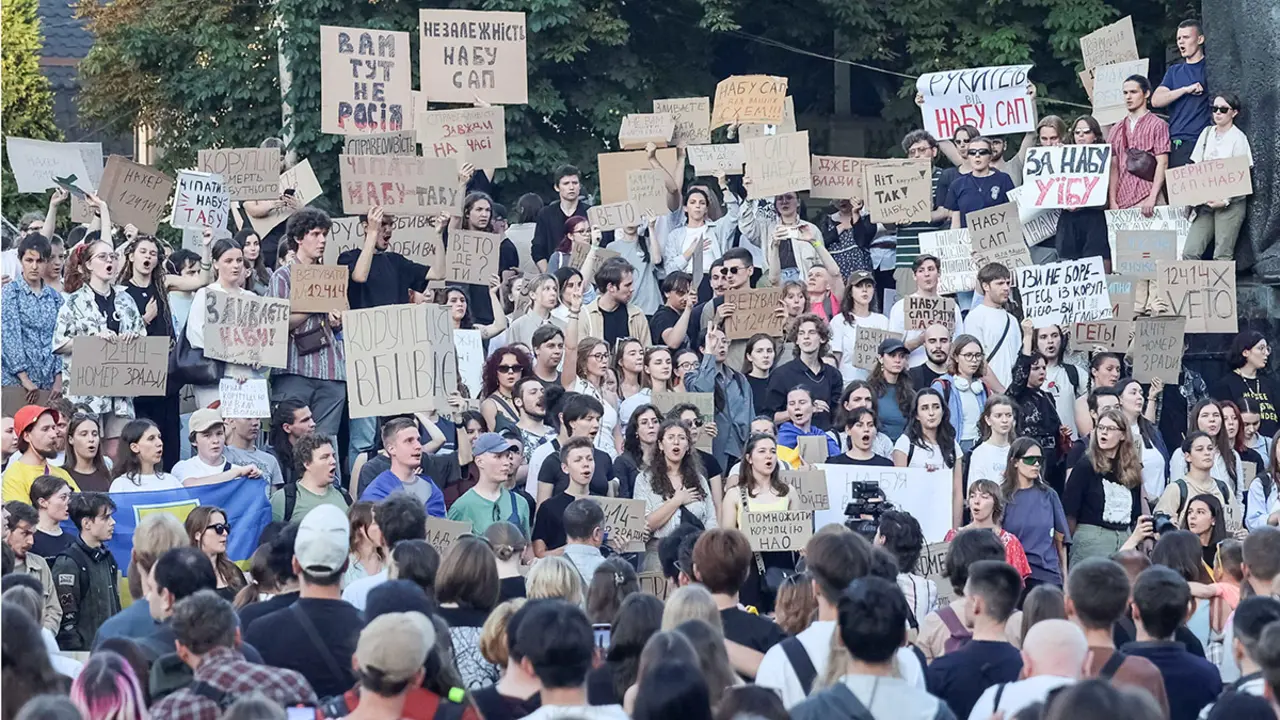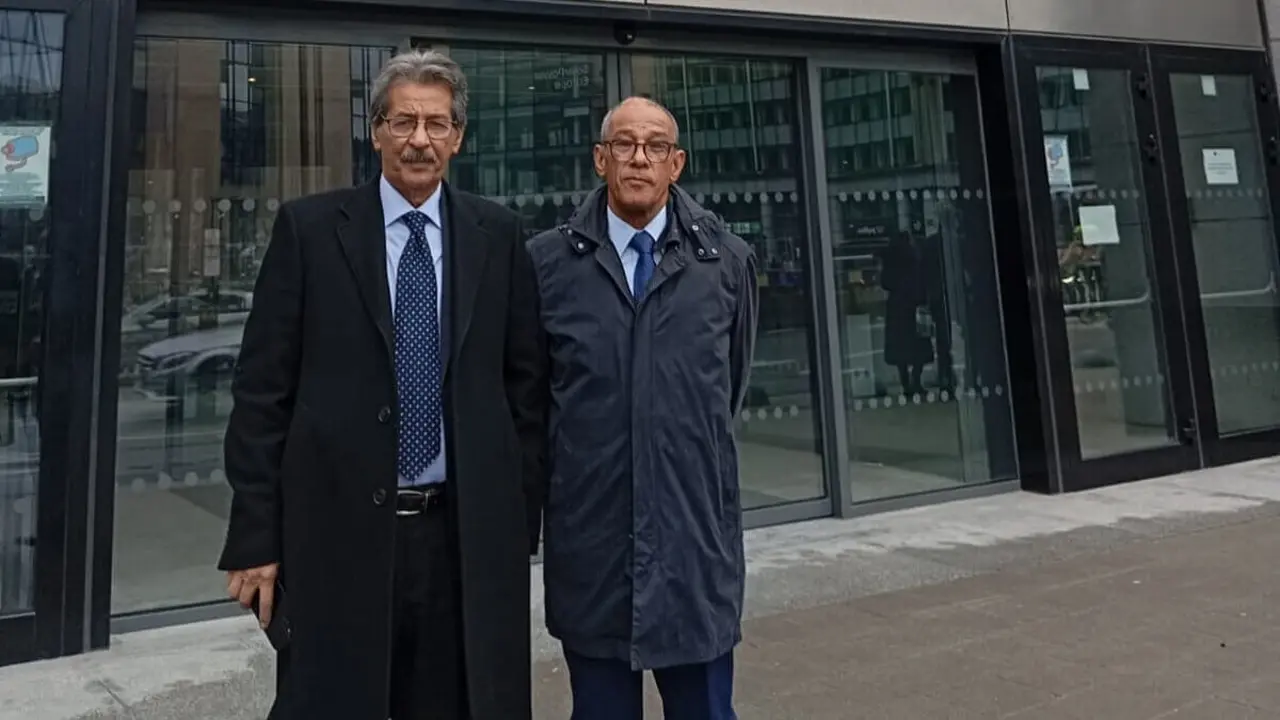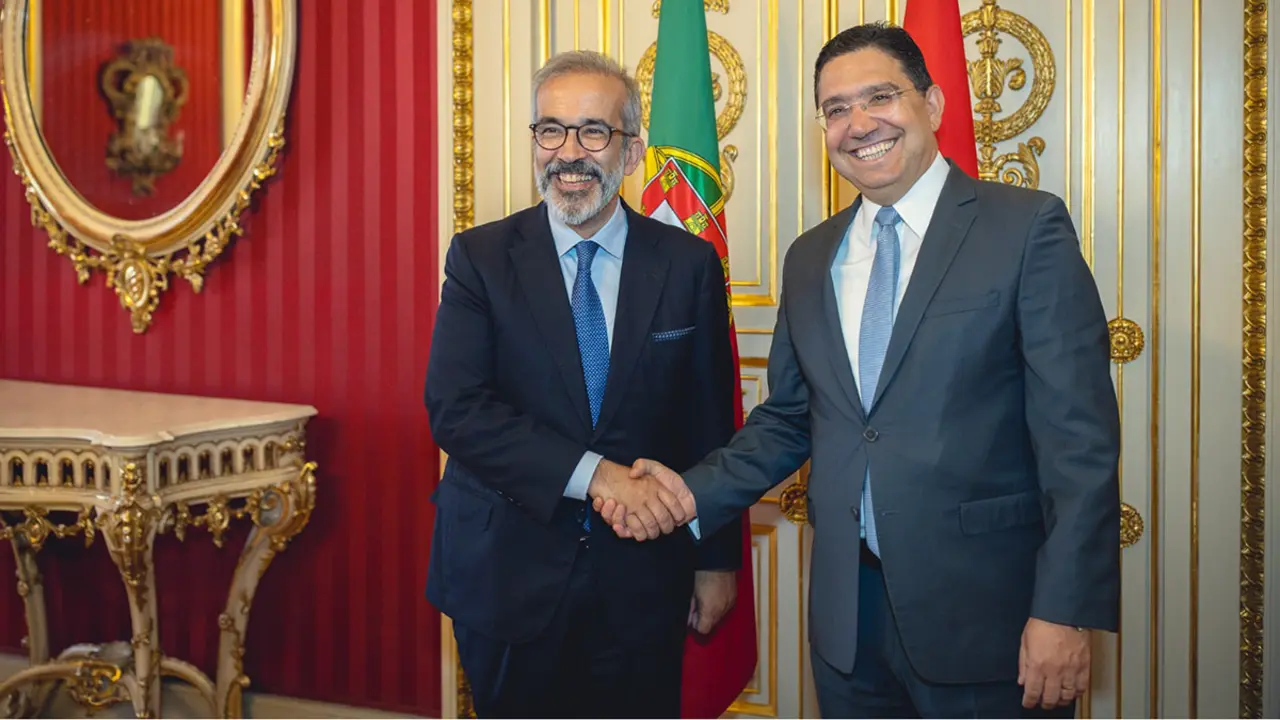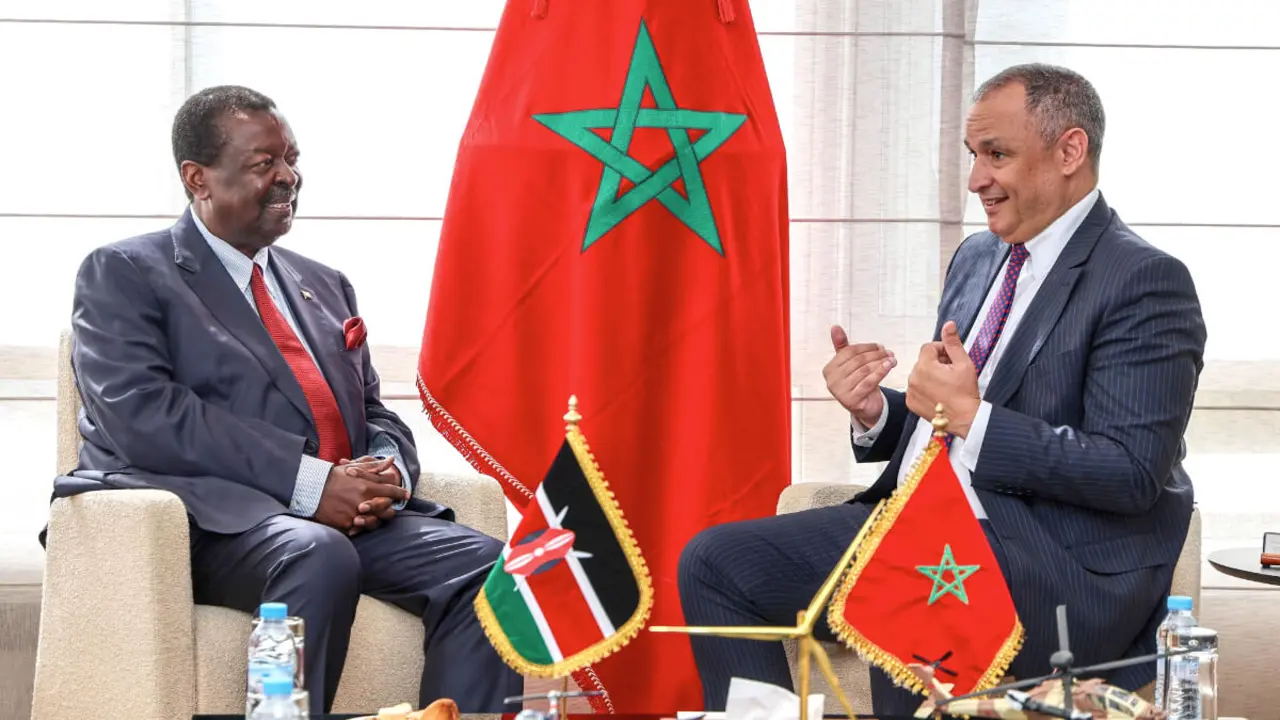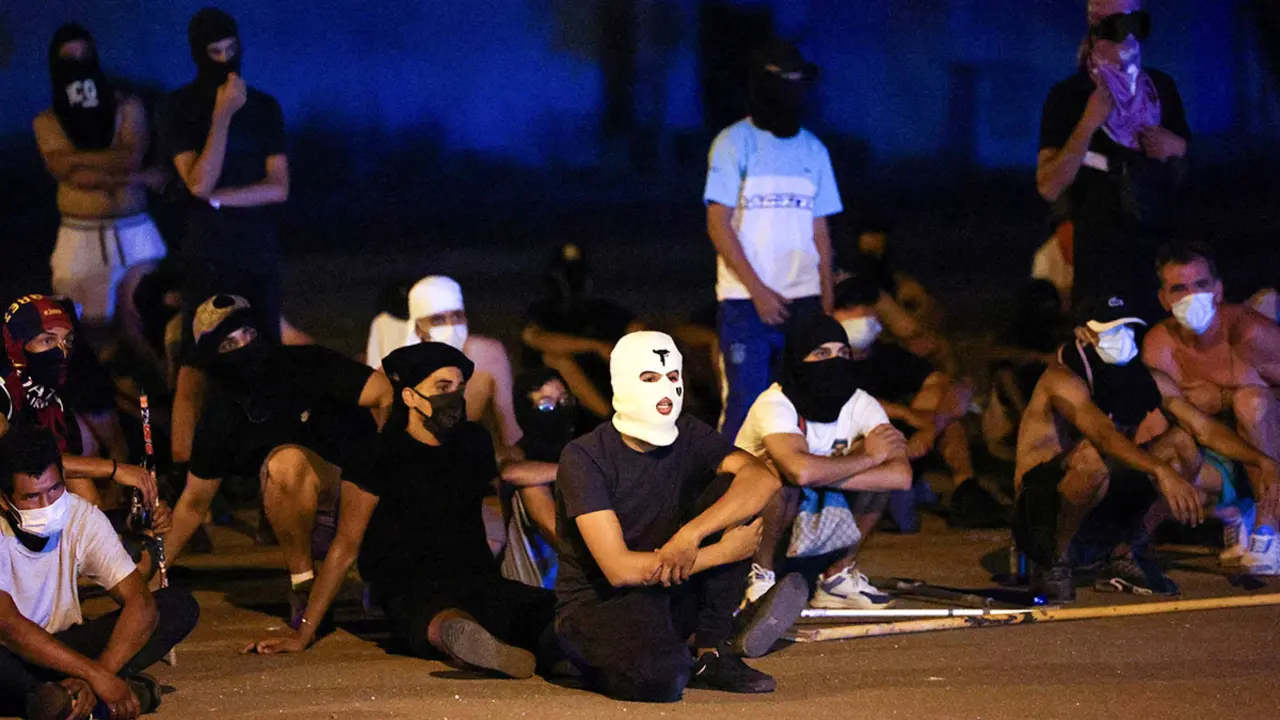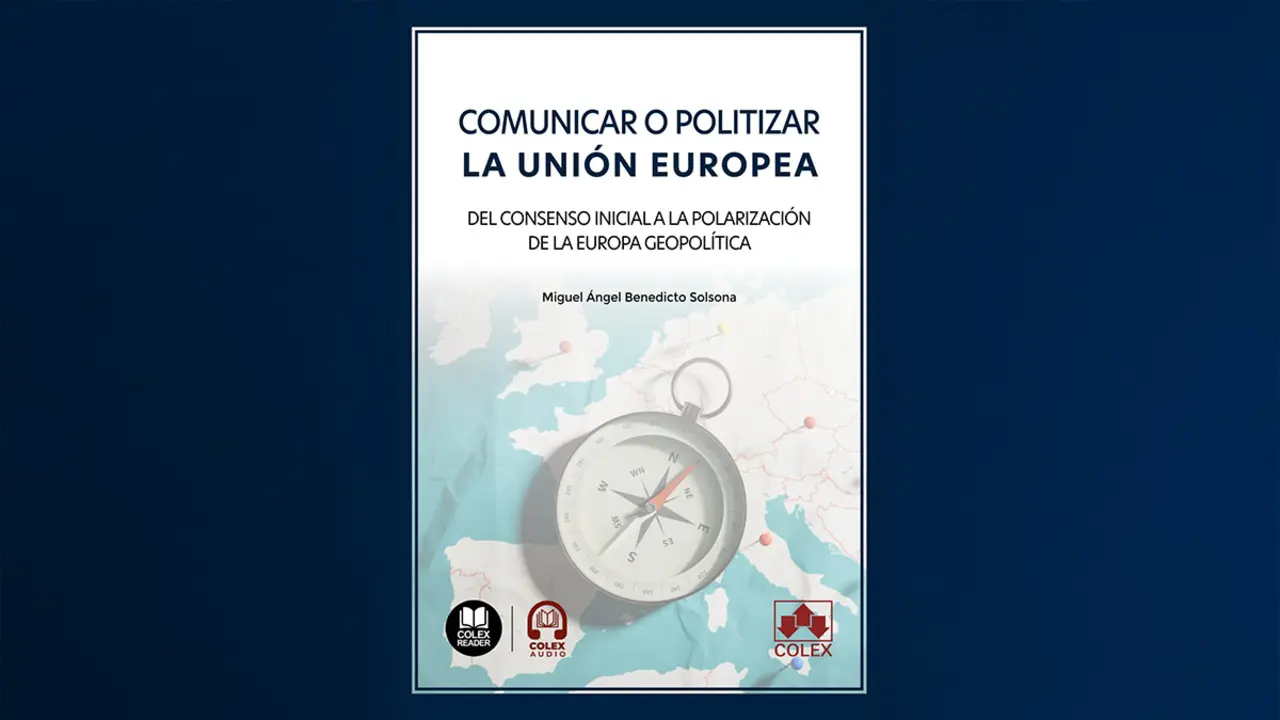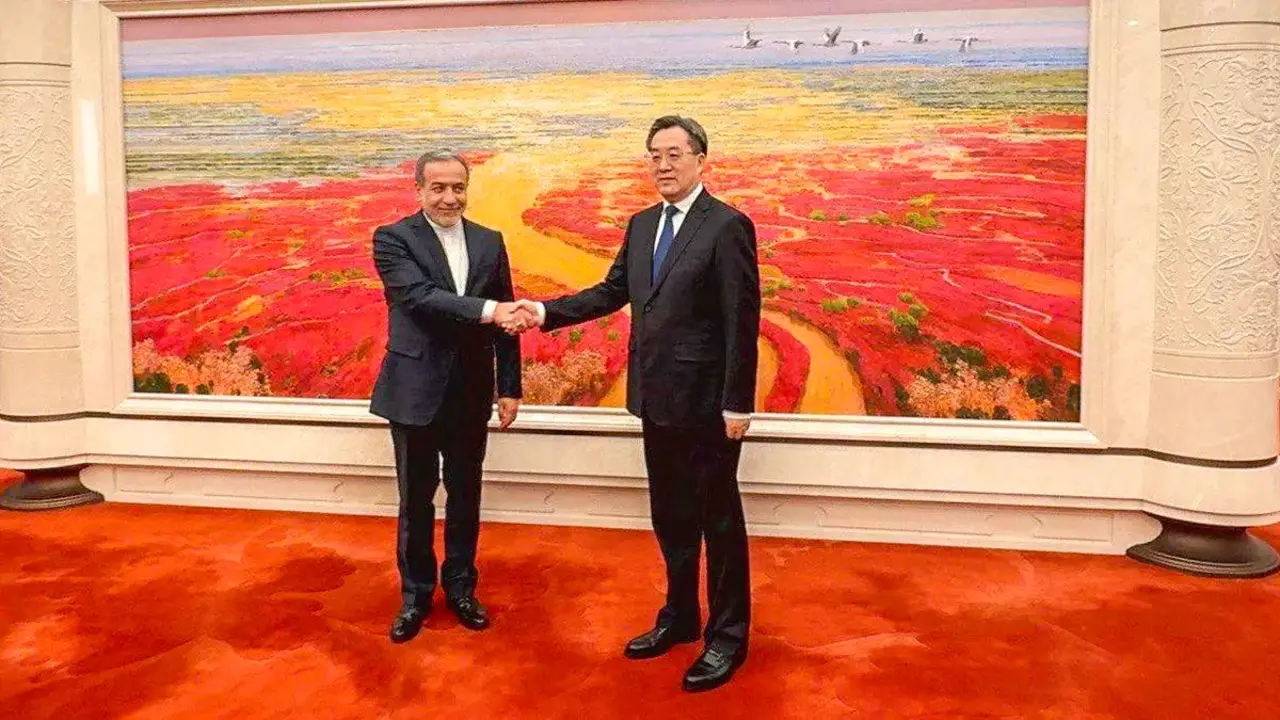Syrian elections under international scrutiny

Syria concludes its election day marked by strong international criticism. Organisations such as the United Nations (UN) and the European Union (EU) have branded the elections called by the Arab country a "farce". Although the results have not yet been made public, there is no doubt that the current president Bashar al-Assad will be the clear winner of the elections without real opposition, which will allow him to remain in power for seven more years.
EU High Representative Josep Borrell said that "the elections that took place in Syria on 26 May did not meet any of the criteria of a genuinely democratic vote and do not contribute to a solution to the conflict". Borrell argued that these elections should have been conducted in accordance with UN Security Council Resolution 2254.
"They can only be credible if all Syrians, including internally displaced persons, refugees and members of the diaspora, can participate in a safe and neutral environment, without the threat of intimidation and in a free and fair political contest," the High Representative's statement said. In the same vein, the UN Security Council, the US ambassador to the United Nations, Jeffrey DeLaurentis, declared that "a credible political settlement cannot wait".

"We remain firm that the only way forward is to move forward with a political process that meets the conditions outlined in Security Council Resolution 2254," DeLaurentis said.
Council Resolution 2254, adopted unanimously in December 2015, endorsed a roadmap for peace in Syria that was adopted in Geneva on 30 June 2012 by representatives of the United Nations, the Arab League, the European Union, Turkey and the five permanent members of the Security Council: the United States, Russia, China, France and Britain.
The resolution calls for a Syrian-led political process starting with the establishment of a transitional governing body, followed by the drafting of a new constitution and ending with UN-supervised elections. It also states that the elections must meet "the highest international standards" of transparency and accountability, and that all Syrians - including members of the diaspora - can participate.

Despite relentless international criticism, election day in Syria ended without major disturbances. The more than 12,100 polling stations remained open for 17 hours. The official Syrian news agency SANA confirmed the closure of these centres at 7 p.m. local time and announced the beginning of the vote count, the result of which must be announced within three days of the end of the elections, in accordance with the Constitution.
The Syrian government says the elections show that "the country is functioning normally despite a decade-long conflict". A conflict that has caused the deaths of hundreds of thousands of people and has driven 11 million, or half of the country's population, from their homes. President Bashar al-Assad, himself a candidate for re-election, chose to vote at a polling station in the neighbourhood of Duma, in an act full of symbolism.
Douma has been under the control of rebel groups until 2018 and has long been under heavy siege by the regime. Moreover, this suburb on the outskirts of Damascus experienced a chemical attack, perpetrated by the Al-Assad government, which killed at least 50 civilians. This triggered a series of air strikes against suspected chemical weapons sites in response by the US, France and Britain.

"Syria is not what they were trying to market, one city against another and one sect against another, or civil war. Today we are demonstrating from Douma that the Syrian people are one," Assad said after casting his vote. A statement that contradicts the reality of the country, where Assad's government controls 70% of the territory, so that in places like the province of Idlib - in the hands of a series of rebel groups - and the north-east of Syria - under the control of the Kurdish autonomous administration - the population has not been called to the polls.
These elections are a way of legitimising Bashar al-Assad's role in Syria in the eyes of the international community. In the words of expert Ignacio Álvarez-Ossorio, it is nothing more than a way of maintaining a "certain democratic façade in a totally ademocratic process". Syria, and in view of the more than likely re-election of al-Assad, faces multiple challenges such as the economic crisis or the normalisation of relations with the rest of the Arab countries.
Since the start of the Syrian civil war in 2011, the Arab country has been totally isolated, and these elections are an opportunity for the Syrian regime to project legitimacy to the governments of the region. Saudi Arabia, the main supporter of al-Assad's opponents during the war, has opened the door to engagement with Syria. Syrian media have confirmed that the country's tourism minister, Muhammad Rami Martini, has visited Saudi Arabia for the first time in what is reportedly the first trip to the Gulf kingdom by a Syrian regime minister in a decade.

